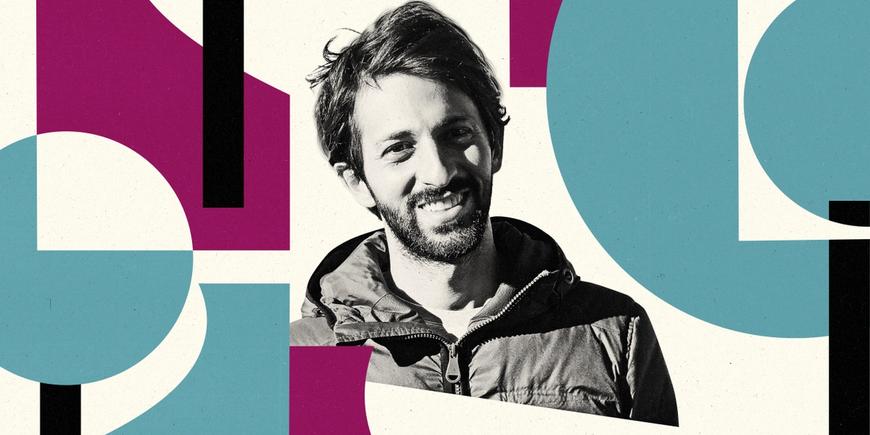Why SparkAI Is Poised to Deliver on the Promise of Artificial Intelligence
Zoox alumnus Michael Kohen is addressing AI’s achilles heel.

AI could automate millions of wasteful and mundane jobs and elevate the value of work that humans do. If we get it right. Thus far, the automation promise has fallen short. I remember the idea that Ubers would be picking us up without drivers by 2020. Why the miss? AI models are incredible at making predictions, which can be used to give instructions to robots doing a job, most of the time. But an automated process in production requires getting it right all of the time. The final 10% to get an AI model from good to perfect is gnarly, filled with complex edge cases, and their resolutions require a more elegant solution than just a model. They require real cognition.
Michael Kohen, the Founder and CEO of SparkAI, is changing the dynamic.
SparkAI resolves AI edge cases in real-time to enable automation at scale. Michael created SparkAI because of his deep belief that the future is an open playing field and we have the opportunity to profoundly expand our human potential by working harmoniously with the technology we develop.
Before getting abstract, let’s take an example: Let’s say you want to have autonomous tractors till farms or robotic strawberry pickers collect a harvest. Sensors and cameras send data to models that direct their every move. What happens when the machine encounters data it doesn’t understand? Without SparkAI, the tractor stops and the farmer needs to head out to the field to resolve the mystery. Or worse yet, the tractor misinterprets a squirrel for a branch on the ground, resulting in a fatality in the field. With SparkAI, the tractor stops, makes an API call, an assessment is done, and, depending on the situation, an algorithm or human being in SparkAI’s network of mission specialists resolves the question, tells the model what’s going on, and gets the tractor back to work. This all happens in real-time, with no required intervention on-site.
This isn’t just about tractors. The global labor force is 3.4 billion people, and the average annual salary is $18,000. This means that the global labor market is ~$61T. Yes, trillion. Over the next decade, we think that 5%-10% of this total pie could be automated, which equates to a trillions of dollars of value creation. But to realize this value, we need to get automation initiatives into production.
This is where SparkAI comes in. At Primary, we became proud investors this fall, and we’re thrilled to support Michael and his team in their all-important mission. This represents a massive opportunity, and Michael has the type of grand vision required to realize it. Optimizing tractors and factory floor machinery might sound mundane, but it will be the stuff of science fiction, made reality. This is how we deliver on the promise of a better, AI-forward future. This is how we cross the chasm.
As humans and machines learn to work together harmoniously, we can solve massive problems like climate change, poverty, and hunger. Getting there requires finding out precisely where human and AI abilities begin and end. SparkAI dares to start building towards that world.

